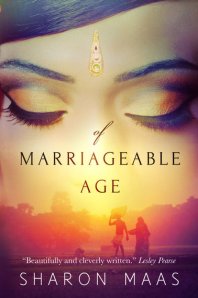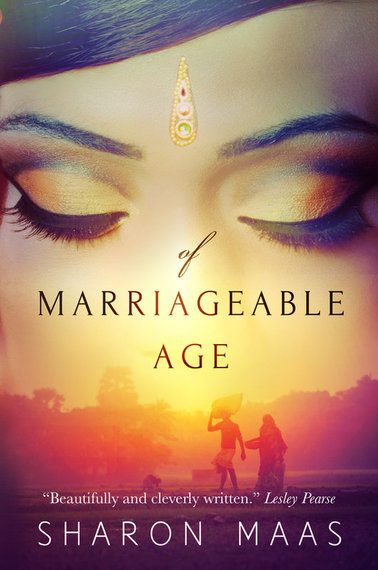I wasn’t just out in the cold, I had hit Rock Bottom.
I’m an upbeat person, and there’s little that can really keep me down for long. But this was serious.
I’m not talented in many ways. In fact, I can only think of one thing I have the remotest affinity for, and that’s storytelling. The day I landed my first book contract a bright new world opened its doors to me, and I had gone in with my heart singing. And now the door had slammed shut with me outside it. I wept real tears; sometimes I sobbed out loud.
I could not bear to enter a bookshop. Just seeing and smelling books, and mine not there, and never would be again, broke my heart.
I could not read a novel. I could not even read a novel review. This, from someone who used to devour three or four novels a week.
I’d put my best work out there, taken the risk, and failed. Crawled out on a fragile branch, and it had broken.
But so what?
At some point during my sojourn at Rock Bottom a manuscript came into my hands.
Something I’d written a few years back.
Not a novel.
A screenplay.
There had been some Hollywood interest in my first novel, Of Marriageable Age. Back then, the novel had somehow landed in the hands of a London-based producer from Columbia Pictures; she loved it and sent it to her studio HQ in LA. Who rejected it, for a variety of reasons.
But that encouraged me to try a screenplay. I read scriptwriting books, joined worksops, read a few scripts, met people, even travelled to California and hobnobbed with folk from the indusctry,. And then I adapted the novel into a screenplay.
That adaptation in its turn aroused a bit of interest. It got me into The Script Factory’s Writers Group of 2003, where I received yet more help and advice.
Now, I decided to dust it off and shake it into life.
I sent the screenplay ms off to the UK Film Council for review; they accept screenplays from amateurs, and give free evaluations. I applied for developmental funding.
A few weeks later I got an email: they loved the screenplay, and could I please come up to London for a talk, and bring some of my other ideas as well.
My heart leapt.
OK, no more novels were in the works, but I was a storyteller primarily. I would switch to writing for the big screen!
I wrote short outlines of all my books, including Last of the Sugar Gods, and hopped on the train to London.
This was September 2005.
It’s said that Joanna Rowling had the idea for Harry Potter on a train ride. That the entire story fell wholesale into her mind.
The same thing happened to me.
Something new.
Something big.
Seomthing about Guyana.
Something American.
Mass suicide. 900 dead. Americans. If that wasn’t commercial, then what was?
Guyana was indeed a remote and untrendy location. But there is one thing it is famous for. One thing that outsiders, if they are old enough, will immediately think of when they hear the name.
Jonestown.
Jonestown was one of the biggest, craziest events of the 20th century; but so long ago that a whole new generation know nothing or very little about it. And those who do remember, don’t know much beyond the bloated bodies. I would wake Jonestown from the dead.
I would write a screenplay about Jonestown.
But not the usual overdone story of “what happened that night”.
The inside story. From the point of view of an outsider.
I was that outsider.
I’d lived on a communal pineapple farm not far from Jonestown, just a few years before it happened. I knew the place.
What if –
What if I had still lived there?
Suspected foul play?
What would I have done?
And that’s the birth moment of White Night.
I would tell it from the point of view of an outsider; a young woman living nearby, who is spooked by the weird noises coming from the jungle compound. It would be really, really creepy. Spine chilling.
She would invesitigate. I’d make her a journalist, just as I had been.
She’d find a way to enter the community. She’d meet the madman Jim Jones.
She’d rescue some people. Through the jungle…
They’d escape the mass suicide. They’d be hunted by assassins. It would be exciting, thrilling, and at the same time serious, because it would explore the whole concept of cult mentality, and it would explain how something that terrible could happen.
The ideas flowed so thick and fast I could hardly contain them…. I could see it unfolding right before my eyes. My heart raced. I knew the signs.
The magic was back.
I went for my interview and talked about my script ms and my other ideas, but most of all I talked about White Night.
Now, I am not a talker. I’d much rather put my ideas down in writing than talk about them. But today I was different. I gave a perfect oral pitch.
She loved it. She was young, and had never heard of the Jonestown suicides. She couldn’t believe it had never been done before. “Do it!” she said.
I went home and did it.
When you hit rock bottom there’s only one way to go: up.



